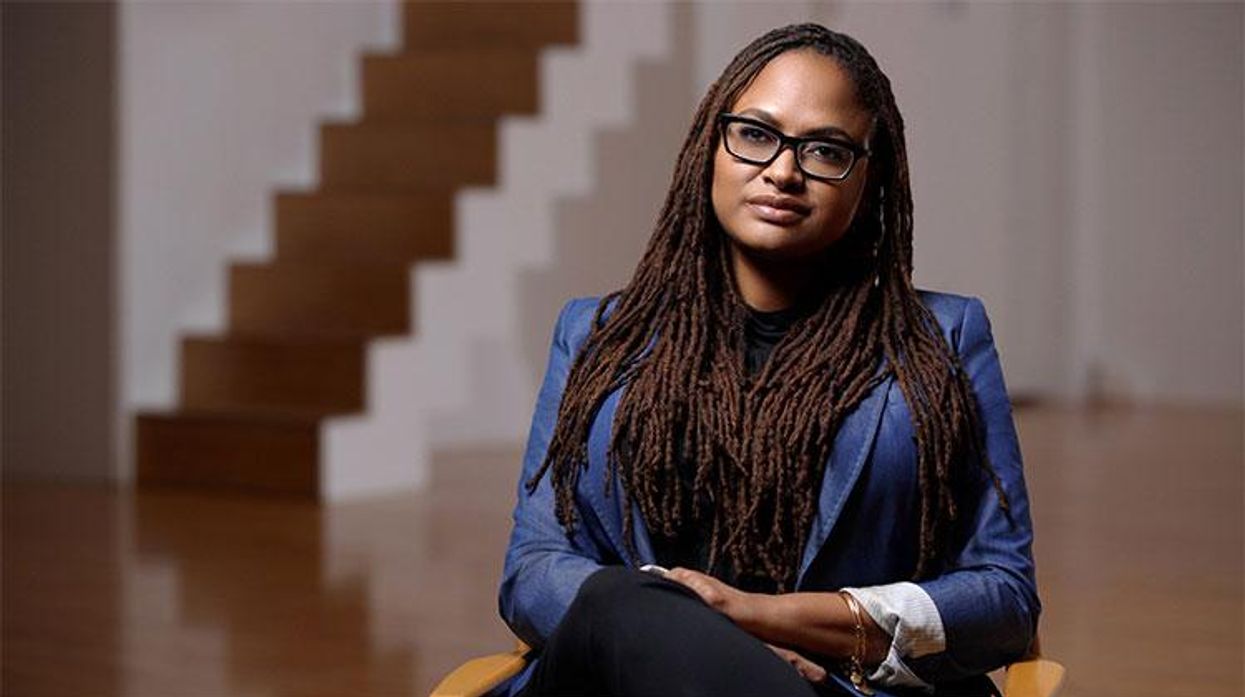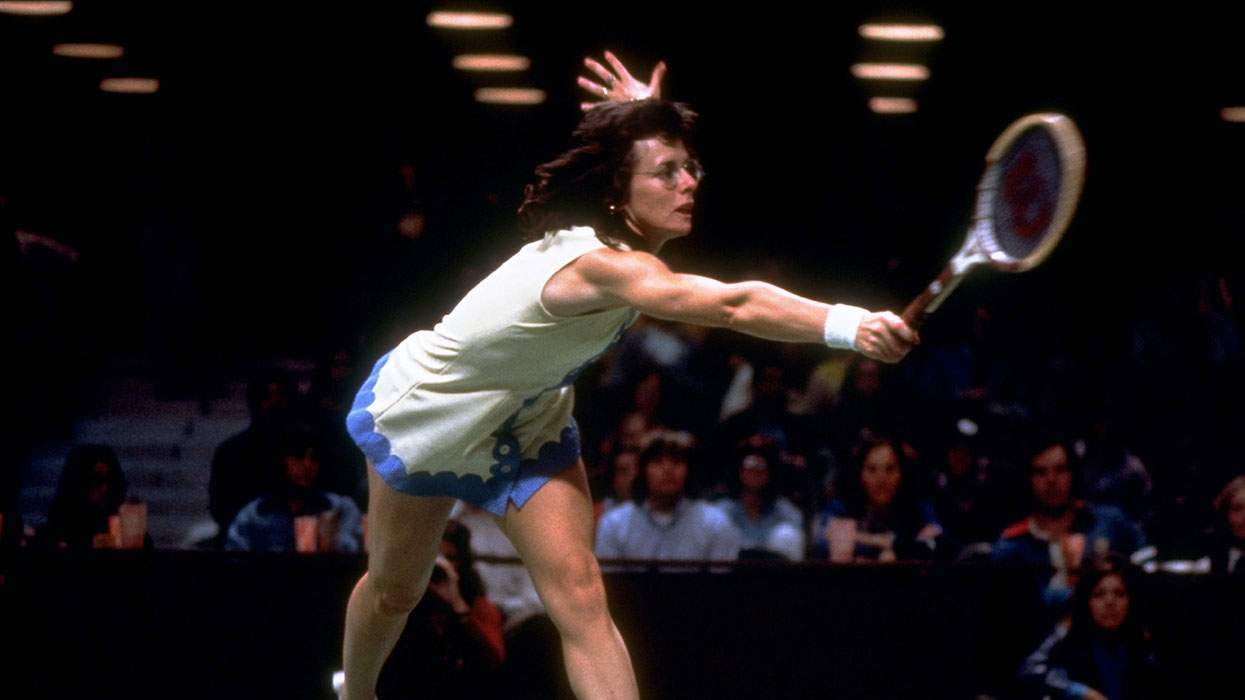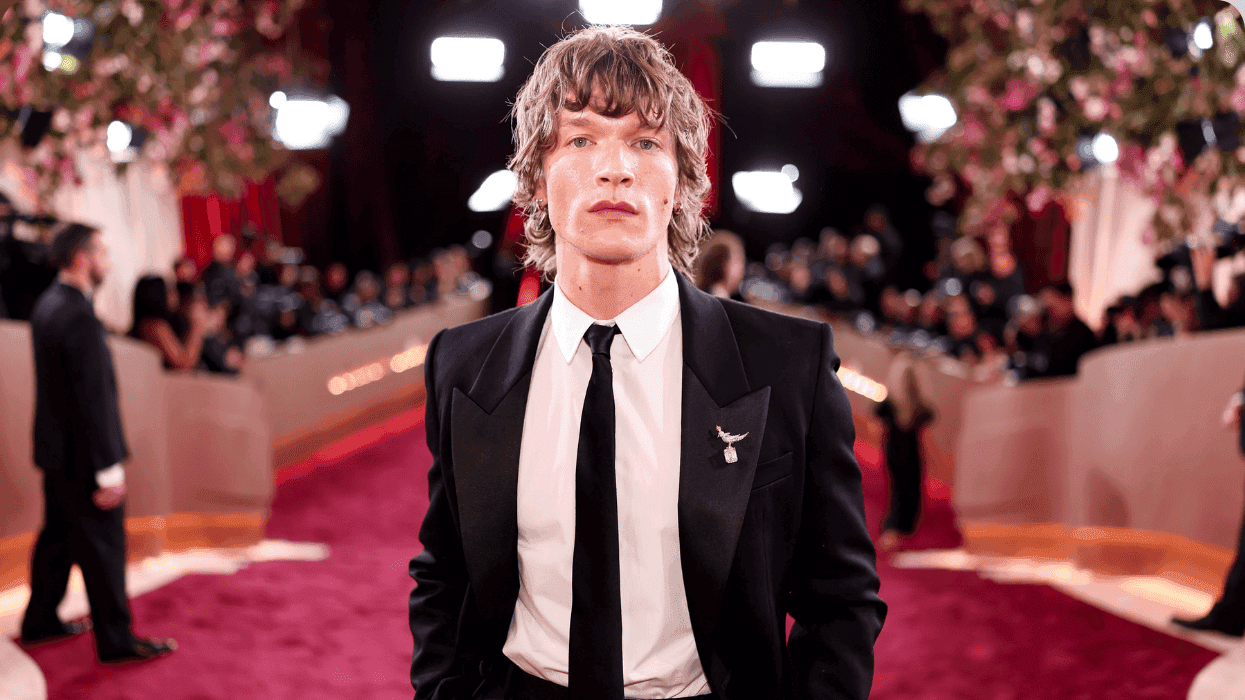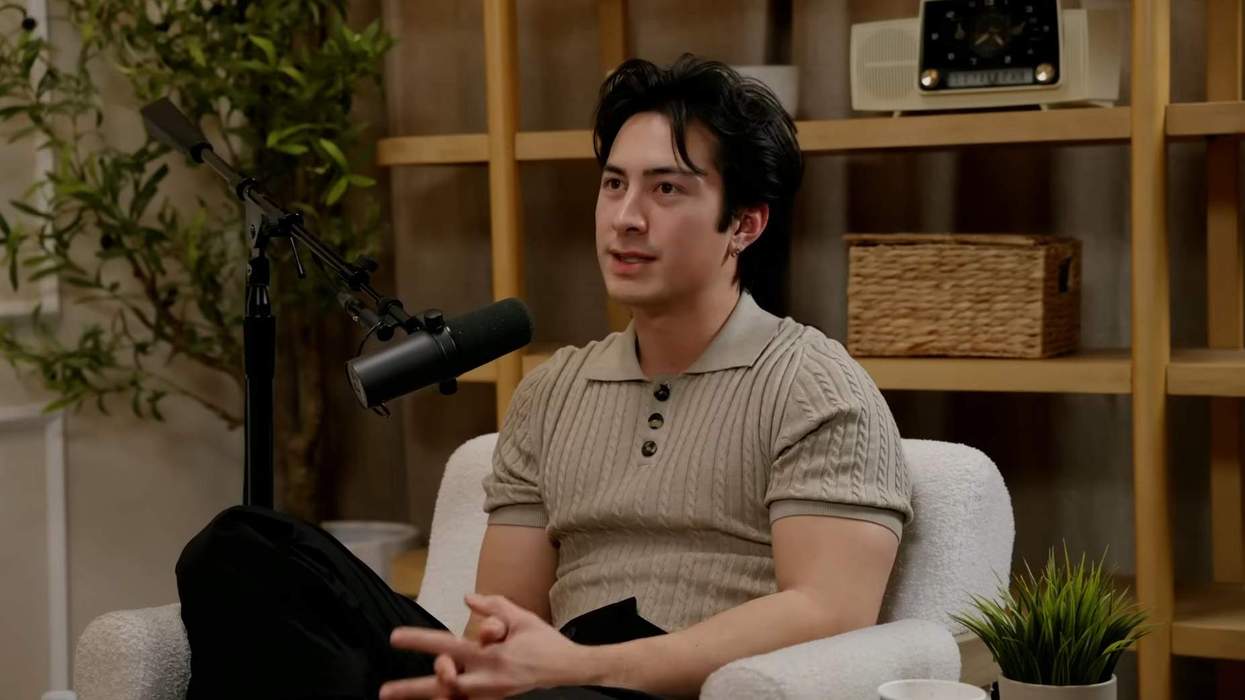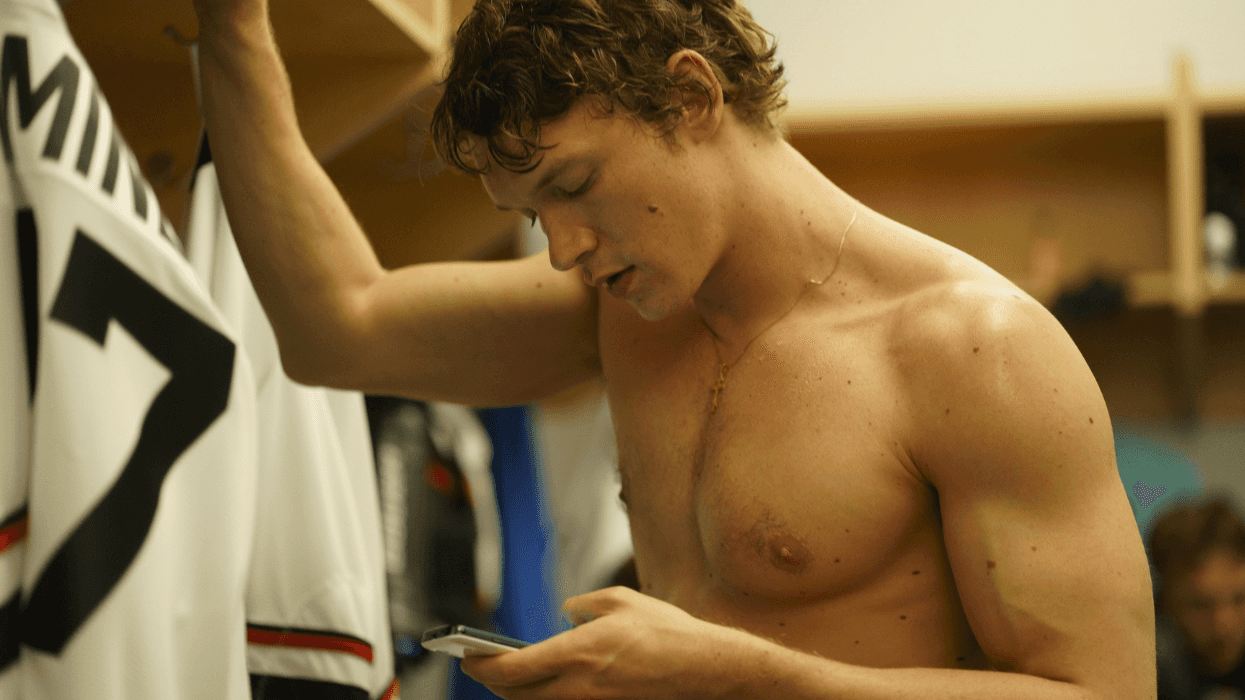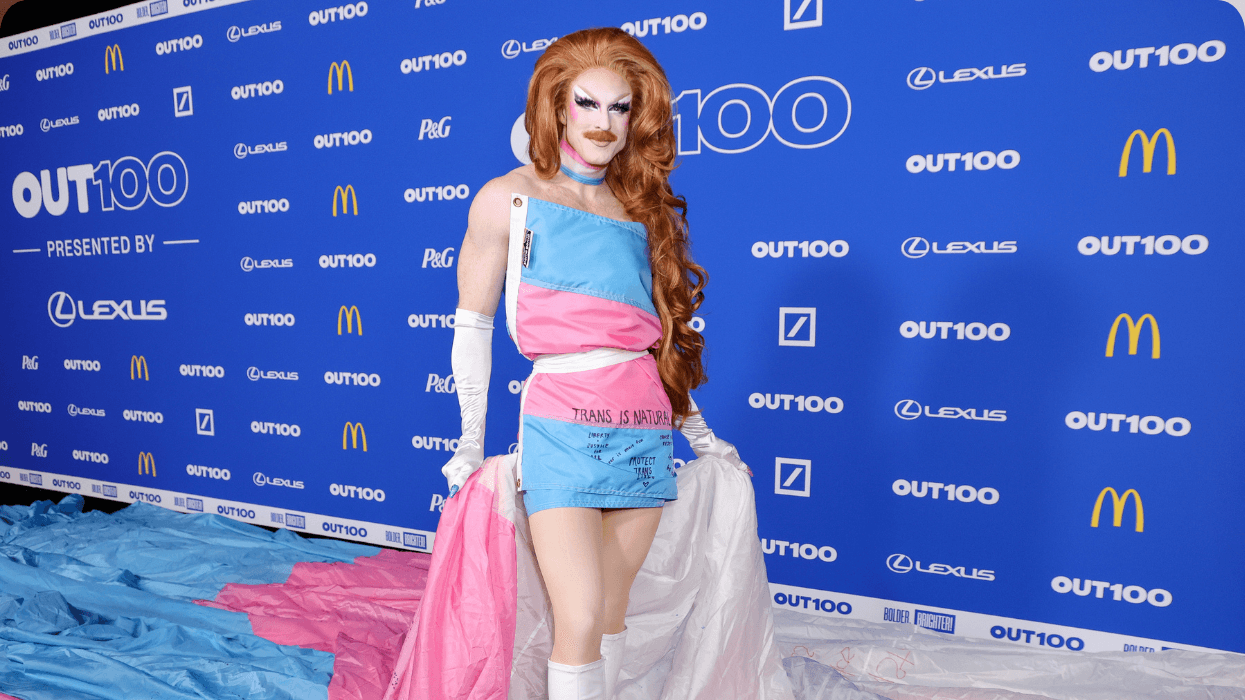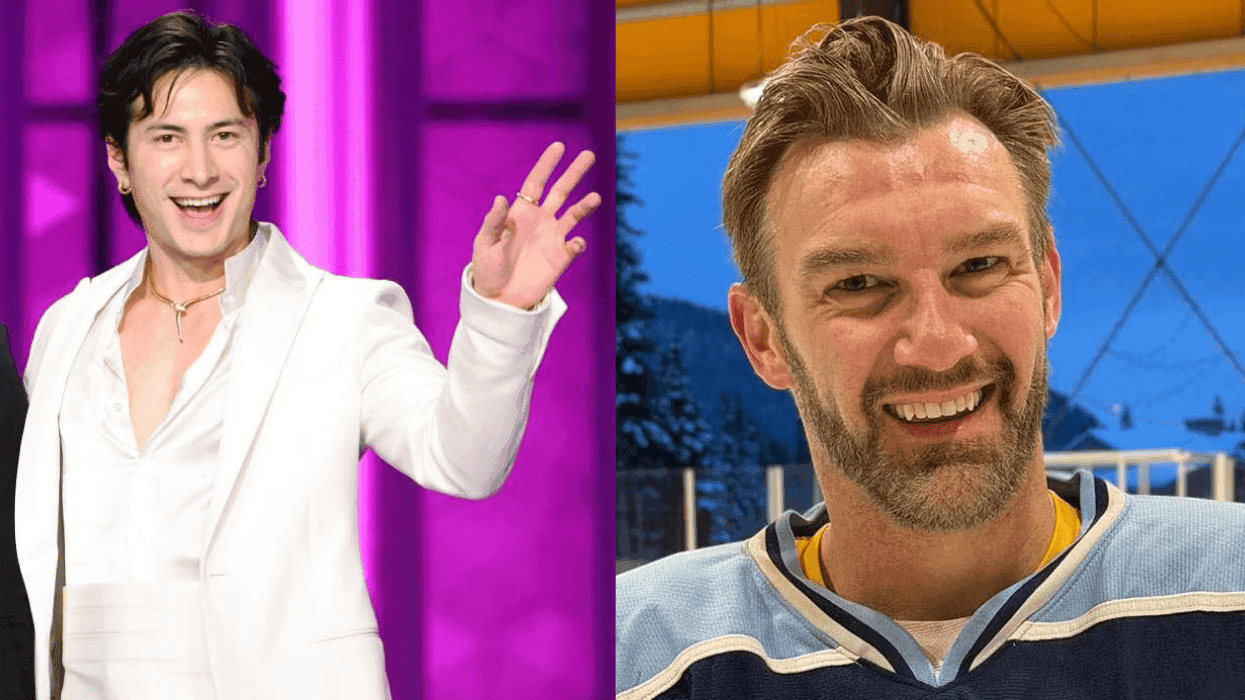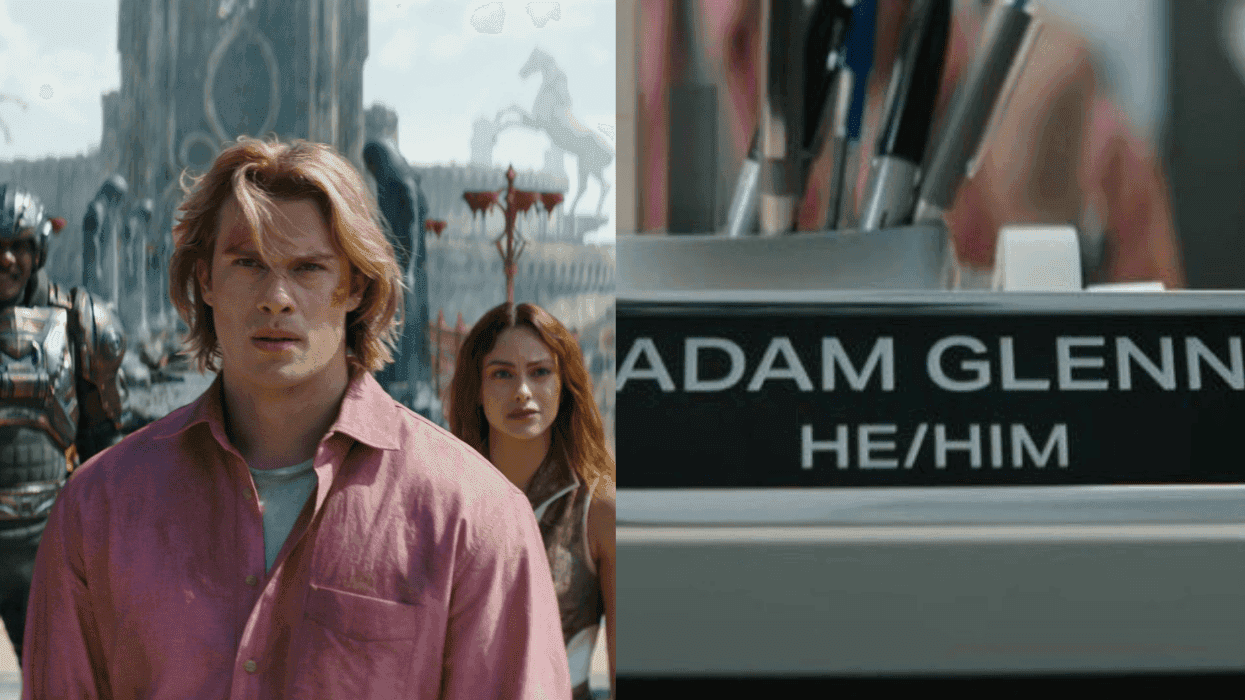We've heard the speeches and seen the demonstrations--from Oprah's crowd-igniting words at January's black-clad Golden Globes to Cate Blanchett's dogged public testimony on the female-filled steps of the Cannes Palais. But nothing in popular culture has articulated the film industry's gender inequality as convincingly, succinctly, or powerfully as Half the Picture, an essential new documentary from director Amy Adrion. Screened last Saturday as the key title of the Women's Gala at this year's queer-centric Inside Out Film Festival in Toronto (and opening June 8 in New York), Adrion's debut feature gathers dozens of female filmmakers to share their own varied, yet unified, experiences in a business that's been systemically and statistically male-dominated since the dawn of the moving image.
Related | 35 Female Filmmakers You Should Know
Alongside lesser-known directors like Jamie Babbit (But I'm a Cheerleader), Gina Prince-Bythewood (Love & Basketball), and Karyn Kusama (Girlfight), familiar faces like Ava DuVernay, Lena Dunham, Miranda July, Catherine Hardwicke, Sam Taylor-Johnson, Kimberly Peirce, and gender non-binary Jill Soloway all step in front of Adrion's camera, resulting in a powerhouse, insider tapestry that's illuminating from virtually every angle. And Adrion is also wise to tap into the root of the matter. In addition to interviewing the women behind the lenses, the director enlists film educators and industry mentors who plainly trace the path of this long-running bias. In case anyone ever suggested to you that the problem may lie in the fact that women just don't want to be directors as much as men do, or that men are simply better at it, female professors from film programs at USC and San Diego State University shatter that notion with numbers. They present a glaring divide: female film majors number in the thousands, and many perform well, but when it comes to getting jobs in Hollywood, the number of successful graduates dwindles into the single digits.
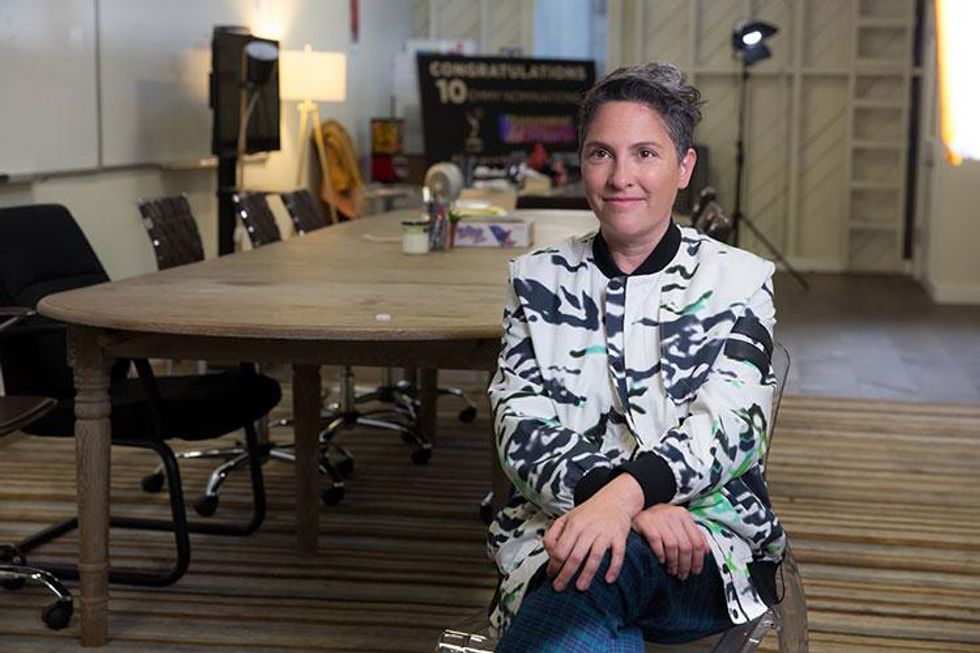
And the women directors on hand in Half the Picture--those who have managed to push their way into the game--provide firsthand, human context for the type of stats we keep on hearing (such as how only five women have ever been nominated for the Best Director Oscar, and how only one, Kathryn Bigelow, has claimed the prize). Mexican-born filmmaker Patricia Riggen shares the preposterous struggle she endured while shooting 2015's mining epic The 33, and how a white male unit director overruled her decisions, only to have his choices ultimately scrapped by higher-ups, leaving Riggens mere days to reshoot what she wanted in the first place. Wayne's World director Penelope Spheeris, the spitfire comic relief of the expansive cast, goes full-on Joan Rivers in her bits, skewering the senseless male-run bureaucracy she's dealt with, and sharing that she now builds houses, because at least in that world she can control a crew and fully realize her finished product.
The most heartbreaking observation may come from Soloway, who highlights that, beyond the obvious lack of female auteurs giving audiences their unique lived experiences, there's an even greater dearth of mothers behind the camera. Soloway astutely notes that, thanks to a cultural myth of maternal inadequacy, of all the stories we've seen onscreen, so few have come from the minds of mothers--people who harbor, nurture, and literally produce life from within themselves. July, a mother of one who's married to male filmmaker Mike Mills, attests with reluctant tears her own woes with that very issue, explaining the juggle of a burning desire to make art and a passion to raise a child.
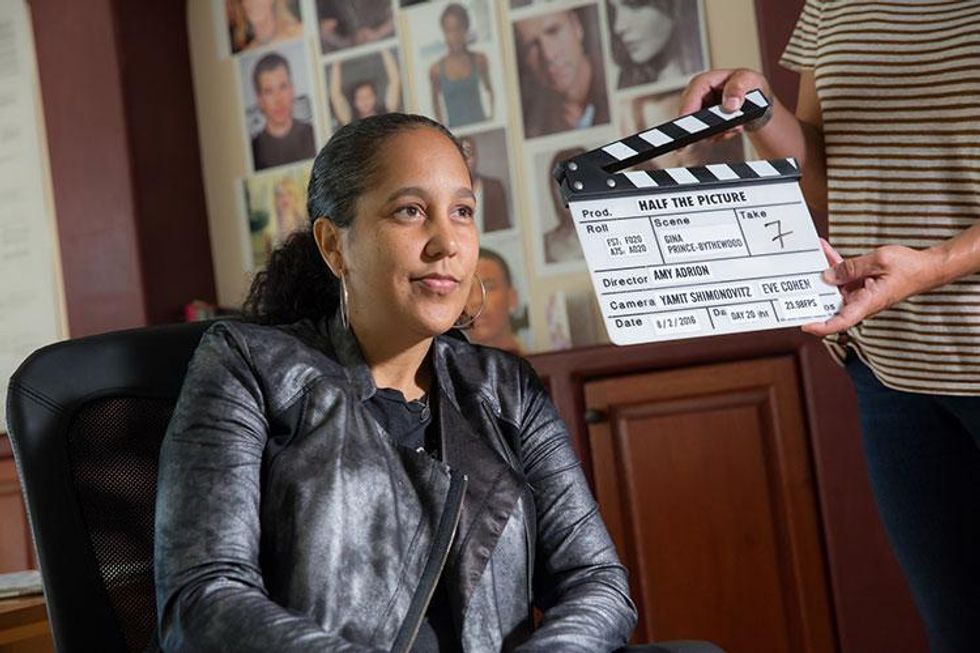
But she, like many, is up to the task of tackling both, no matter who thinks otherwise. Adrion--who, in a stroke of subtle genius, frequently incorporates cutaway shots of her all-female crew filming the subjects--is not presenting a whining panel of victims. Conversely, she's finally giving a throng resilient working women the space and the platform to state facts. Only Dunham, who remains characteristically incapable of not being self-serving, injects a somewhat nagging, if relevant, air of arrogance that occasionally feels more counterproductive than sisterly. And only Nell Scovell, creator of Sabrina the Teenage Witch, fails to elucidate the specifics of her "discomfort" while working on David Letterman's show, when given the perfect opportunity to do so. But these details can hardly be viewed as setbacks when they fall amid such a thoroughly broad canvas of intensely topical and vivid subject matter.
And Half the Picture's most telling voice is its marquee name--DuVernay--who might be the only woman in history handed a Spielbergian-sized budget to direct the Disney-backed adaptation of A Wrinkle in Time. DuVernay never minimizes the parity all these women are fighting for (she's been a very public face for countless milestones of the Time's Up Movement), but she's also noticeably relaxed, because she's acutely aware of the fundamental absurdity of this entire trend of masculine dominance. And along with her undeniable work ethic, that may be why DuVernay is climbing to the top ranks of her discipline: She has a calm and cool answer for any naysayer or challenger unwilling to accept that there's simply no good reason for men to be ruling the world of film. In a panel discussion that followed the Inside Out festival's Half the Picture screening (which was introduced by the fest's queer female executive director, Andria Raine), Fawzia Mirza, a gay Pakistani director exhaustedly aware of the limits of her identity, mirrored DuVernay's attitude of simple solutions to unneeded problems. "Powerful people, and powerful men, are always so worried they're going to lose their seats at the table if anyone else joins in," Mirza said. "But it's really not that serious. Just add some more chairs. There's room for us."
Photography by Soraya Selene (DuVernay). Photography by Ashly Covington (Soloway and Prince-Bythewood)


